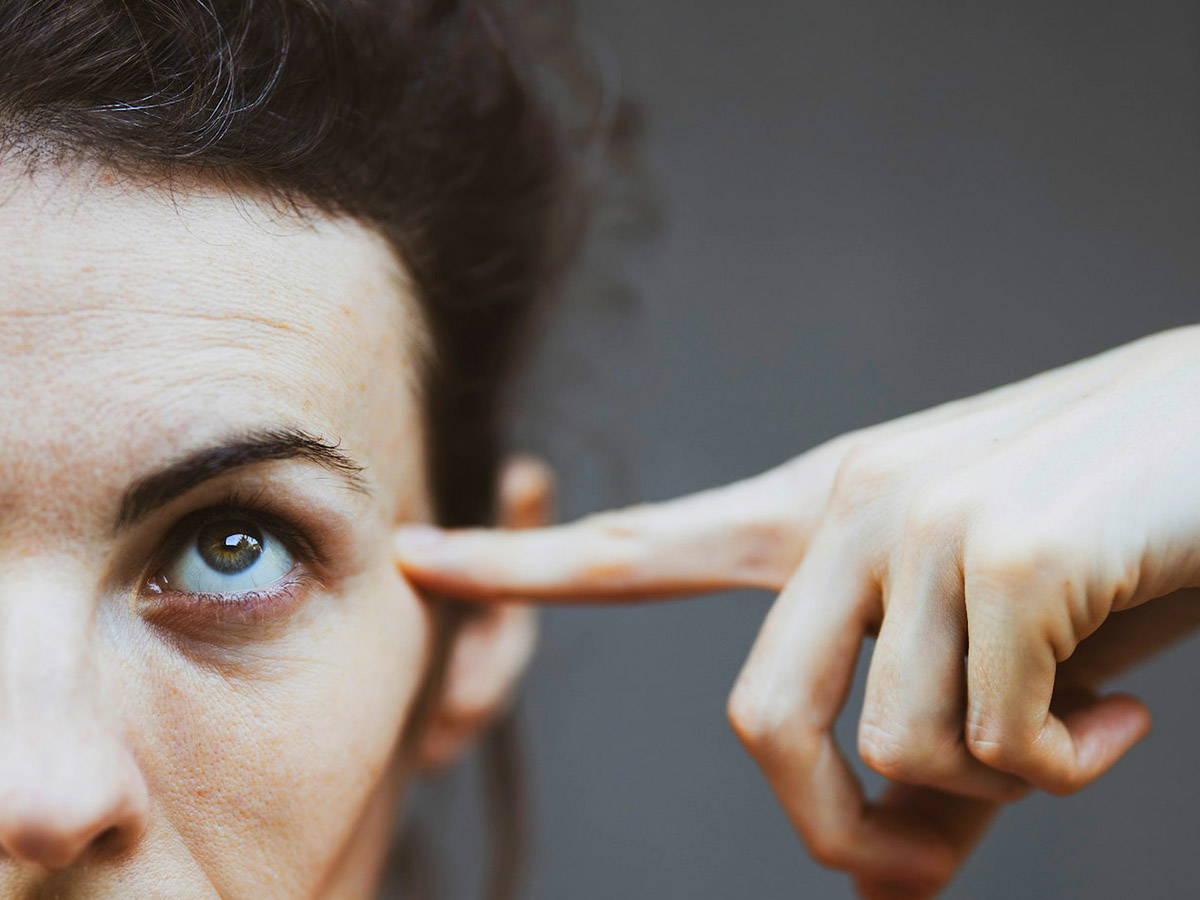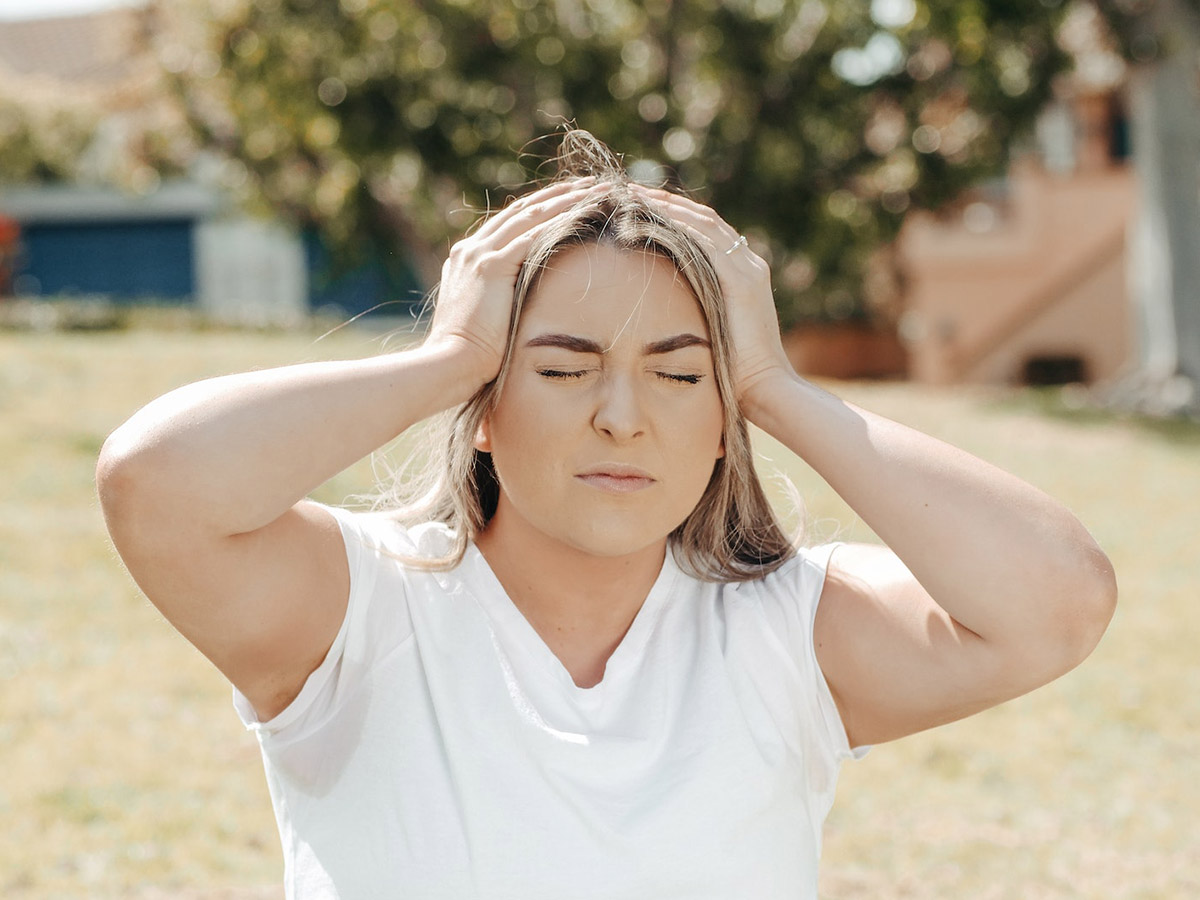For some people, brain fog is a chronic problem that can have a significant impact on their quality of life. If you’re someone who suffers from brain fog, you know how frustrating it can be to try to think clearly when your mind is in a fog. Thankfully, there are a number of natural substances that can help to clear the fog and restore mental clarity. One of the best to consider is nootropics for brain fog.
What Is Brain Fog And Why Does It Happen?
Brain fog is a common symptom of poor mental health. It can be difficult to focus, think clearly, and remember information. Brain fog can be caused by a variety of factors, including stress, lack of sleep, and medication side effects. Nootropics are supplements that have been traditionally used to improve cognitive function and relieve symptoms of brain fog.
Nootropics are safe and effective for most people. However, some nootropics may have side effects. It is important to talk to your doctor before taking them if you are concerned about any potential side effects. Some common side effects of nootropics include headaches, dizziness, anxiety, or insomnia.
Nootropics are a type of supplement that has been traditionally used to improve cognitive function and relieve symptoms of brain fog. Nootropics work by improving brain signaling and communication. This can help you to focus, think clearly, and remember information better.
Some common nootropics include caffeine, choline, L-theanine, racetam supplements, and omega-3 fatty acids. These supplements are generally safe and effective for most people. However, some nootropics may have side effects. It is important to talk to your doctor before taking them if you are concerned about any potential side effects. Some common side effects of nootropics include headaches, dizziness, anxiety, or insomnia.
Can Nootropics Improve Productivity and Help with Brain Fog?
Nootropics, designed to improve cognitive performance, have gained attention as potential aids for productivity and combating brain fog. These supplements are thought to enhance focus, memory, and mental clarity, consequently amplifying one’s ability to concentrate and boost overall productivity. While individual experiences may vary, many users report positive effects on mental performance.
The Benefits Of Nootropics For Brain Fog
There are many benefits to taking nootropics for brain fog. They can help to improve mental clarity and focus, as well as reduce brain fog and fatigue. Additionally, they can also help to improve memory and cognitive function. If you’re looking for a way to boost your productivity and overall cognitive performance, then nootropics may be the best option for you.
There are a variety of nootropics available on the market, each with its own unique benefits and drawbacks. Some nootropics, like piracetam, are known for their cognitive boosting effects. Others, like modafinil, are more focused on improving sleep quality and efficiency. It’s important to choose the right nootropic for your specific needs.
Nootropics can be expensive, but there are often discounts available for bulk purchases. Plus, most manufacturers offer free trials or money-back guarantees so you can try them before you buy them. If you’re looking to improve your overall brain function and productivity, then nootropics may be the best option for you.

The Top Nootropics For Brain Fog
Some of the top nootropics for brain fog include ginkgo biloba, huperzine A, omega-3 fatty acids, ashwagandha, Rhodiola rosea, caffeine, L-theanine, Bacopa monnieri, and vinpocetine.
Nootropics are considered to be safe and often used by people who want to improve their cognitive performance. They are typically considered safe for long-term use and have few side effects. Additionally, nootropics can help improve mood stability and reduce anxiety and depression symptoms. This can lead to an improvement in general cognitive function and improved mental clarity.
There are a variety of nootropics available on the market that can help to improve brain fog. Some of the top choices include ginkgo biloba, huperzine A, omega-3 fatty acids, ashwagandha, Rhodiola rosea, caffeine, L-theanine, Bacopa monnieri, and vinpocetine. Each of these substances has been shown to have some effects on cognitive function and may be helpful for those who experience difficulty concentrating or have trouble remembering information.
Some people find that taking multiple nootropics at once can lead to side effects such as feeling jittery or anxious. It is important to work with a healthcare professional if you are considering using any type of drug for cognitive enhancement in order to ensure that you are getting the best possible results. Always speak with your doctor before starting any new supplement regimen in order to avoid problems down the road.
How To Take Nootropics For Brain Fog
If you are feeling foggy or sluggish, there may be a good reason. Brain fog is a common symptom that can be caused by many factors, including insufficient sleep, stress, and aging. Fortunately, there are some natural remedies available to help improve brain function and clarity.
Nootropics are medications that have been traditionally used to treat conditions like Alzheimer’s disease and Parkinson’s disease. However, they have also been shown to be effective in improving cognitive performance and mental clarity. Some of the most commonly used nootropics for brain fog include choline supplements, caffeine pills, and L-theanine supplements.
The benefits of taking nootropics for brain fog depend on the individual. Some people find that they experience increased energy and productivity as a result of taking these supplements. Additionally, many people find that nootropics help to reduce symptoms of brain fog such as difficulty concentrating and remembering details. There are usually no major side effects associated with taking these supplements unless someone is extremely sensitive to caffeine or has issues with liver function.
When To Take Nootropics For Brain Fog
There is no one-size-fits-all answer to this question, as the best time to take nootropics for brain fog will vary depending on the individual. However, there are some general tips that can be followed when taking nootropics for brain fog.
The best time to take nootropics for brain fog will vary depending on the individual, but generally speaking, it is recommended to take them in the morning or evening. This is because these times tend to be more conducive to improving cognitive function. If you find that your cognitive function is not improved after taking them at these times, then it may be necessary to adjust the dosage or try a different nootropic.
It is generally advised to take nootropics with food because this will help to improve absorption and ensure maximal benefits. However, if you find that you experience negative side effects such as constipation or diarrhea when taking them with food, then it may be advisable to take them on an empty stomach instead. This will minimize any potential interactions between the drugs and other foods that you eat.
When stacking multiple nootropics for brain fog, it is important to make sure that they are all effective in increasing cognitive function. For example, if one of the drugs does not improve cognitive function significantly by itself, then combining it with another drug may result in greater benefits overall. Additionally, it is important to avoid combining drugs that have known adverse effects (such as caffeine and stimulants).
The Side Effects Of Taking Nootropics For Brain Fog
There are many benefits to taking nootropics for brain fog. They are safe and effective, and they have natural ingredients that have no side effects. Additionally, they support cognitive function and memory. By improving focus, attention, and concentration, nootropics can help to improve the overall quality of life.
However, nootropics can also have side effects. Some of these side effects are minor and may go unnoticed, while others are more serious and may require medical attention. It is important to be aware of the potential side effects of nootropics so that you can make a decision about whether or not to take them.
The most common side effect of taking nootropics for brain fog is tiredness. This is likely due to the combination of increased focus and energy levels with decreased restfulness. Other common side effects include feeling restless or jittery, headaches, dizziness, difficulty sleeping, nausea, and vomiting. Some people experience more serious side effects, such as mood changes or even seizures. It is important to speak with a doctor if you experience any significant problems while using nootropics.
If you experience any side effects while taking these supplements, it is important to speak to a doctor or pharmacist about them. Additionally, if you develop an addiction to nootropics for brain fog, it is important to seek help in order to quit using them safely and effectively.
Some people are concerned about the potential for nootropics for brain fog to become addictive. While it is impossible to know how likely this is to happen, it is worth noting that addiction can occur with a number of different substances. If you experience any signs of an addiction to nootropics for brain fog, such as difficulty resisting the urge to take them or spending a large amount of money on them, it is important to seek help. There are many resources available to those who need assistance in quitting using nootropics for brain fog safely and effectively.
How Long Do Nootropics Take To Work For Brain Fog?
Do nootropics work for brain fog? Although there is no concrete evidence that they do, many people report feeling more alert and focused after taking them. This suggests that they may be helpful in improving cognitive function.
Nootropics are a type of supplement that can help improve cognitive function. They are sometimes called smart drugs or memory enhancers. Nootropics can be natural or synthetic. Some common nootropics include caffeine, antioxidants, and omega-3 fatty acids. Nootropics are believed to work by increasing blood flow and oxygen to the brain, protecting the brain from damage, and boosting neurotransmitter levels. Although there is no concrete evidence that nootropics actually work, many people report feeling more alert and focused after taking them.
Nootropics are generally considered safe with few side effects. However, like all supplements, it is important to speak with your doctor before starting any new supplement regimen if you have any health concerns.
Conclusion
If you’re looking for a way to boost your productivity and overall cognitive performance, then nootropics may be the best option for you. There are a variety of nootropics available on the market, each with its own unique benefits and drawbacks. So what are you waiting for? Give nootropics a try today and see how they can help improve your cognitive function!

